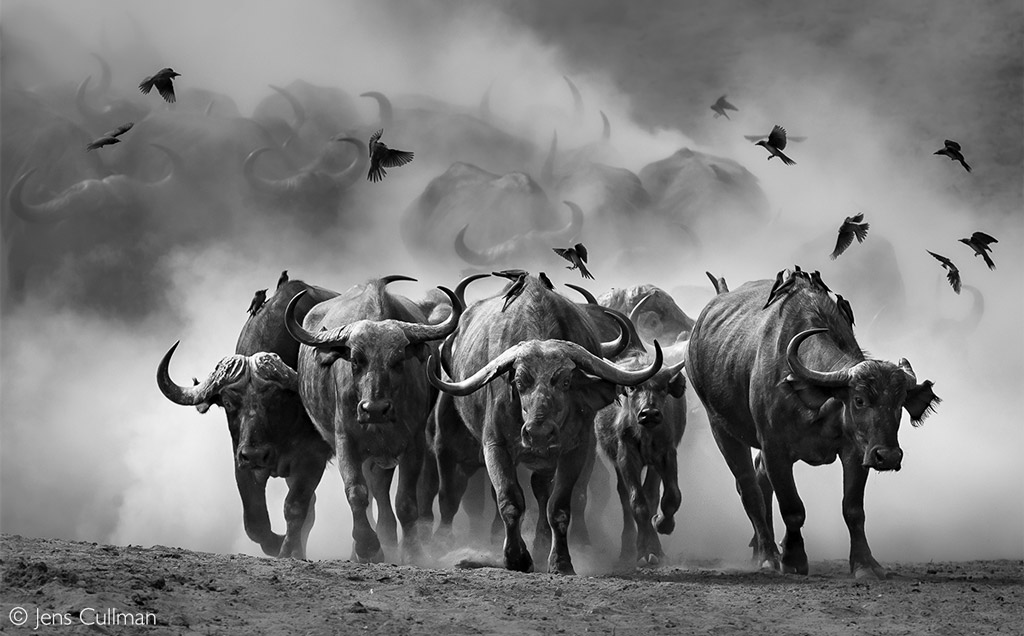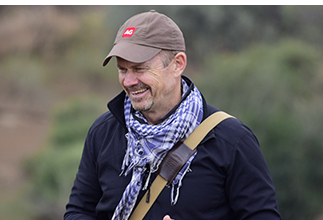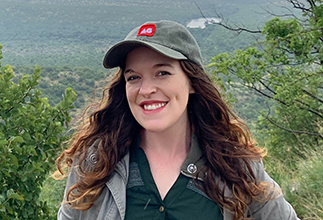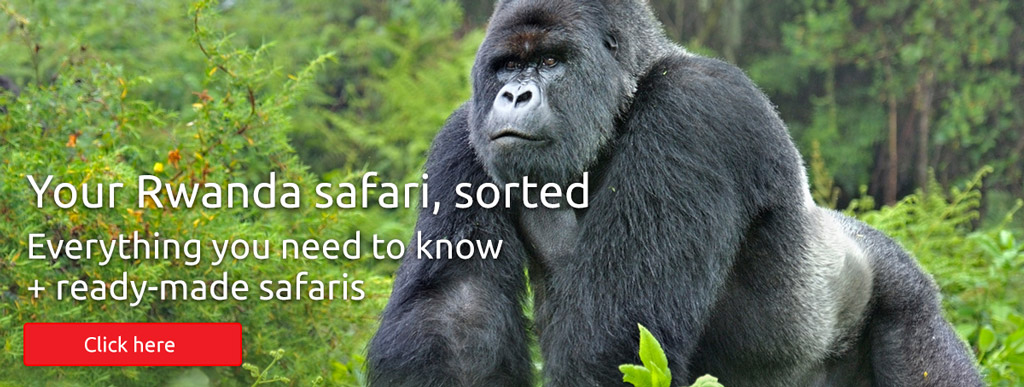
This is a copy of our weekly email newsletter. Subscribe here to receive the newsletter.
Kruger rhino tally + salt pan archaeology + bad banks

Did you know that a handful of top banks have invested into companies that make traditional Chinese medicine from endangered animal parts? Think pangolins, rhinos, leopards and tigers.
Based in Australia, Canada, the EU, Japan, Switzerland, the UK and USA, many of these banks are signatories to the Principles for Responsible Investment or members of the International Corporate Governance Network, which has publicly expressed concerns about biodiversity loss and species extinctions. Seven are members of The Royal Foundation’s United for Wildlife (UfW) Financial Taskforce, which was launched in 2018 to stop the trafficking of wildlife. Trading in these animal parts is also strictly forbidden by CITES.
You will find further info and the list of the banks here. Boycotting them probably won’t achieve much. However, writing to their CEOs to express your disappointment – and persisting when the doors are inevitably slammed shut, will do more good than you may realise. CEOs are human too, and hundreds of weighty messages will achieve the desired effect. You know what to do …
Keep the passion

Simon Espley – CEO, Africa Geographic
From our Editor – Taryn van Jaarsveld

Invasive mammals are the main cause of animal extinctions on islands worldwide. Did you know that mice are eating their way through the Marion Island bird population – even giants like wandering albatrosses?
Marion Island is an important seabird stronghold in the sub-Antarctic Indian Ocean, and invasive house mice accidentally introduced to the island by sealers in the 1800s are devastating its populations. But, there is hope: Learn more about the Mouse Free Marion project here.
This week, we bring you the latest update on Kruger’s rhino population, and fascinating insights into the archaeological wonders found in the Makgadikgadi salt pans.

Story 1
https://africageographic.com/stories/kruger-rhino-population-update-losses-continue/
KRUGER RHINOS
Rhino populations in Kruger National Park continue to decline despite innovative strategies implemented to prevent rhino poaching
Story 2
https://africageographic.com/stories/archaeological-magic-in-the-makgadikgadi/
SALT PAN ARCHAEOLOGY
Archaeological sites in the Makgadikgadi salt pans reveal how ancient humans used black silcrete formed from lake mud to make tools
 TRAVEL DESK UPDATES:
TRAVEL DESK UPDATES:
Choose one of the two safari options below or combine both for the ultimate Kenyan safari. Contact our safari experts and let’s start planning.
Maasai Mara secret season – 6 days – from US$3,500pps
Explore the northern-most limits of the Maasai Mara-Serengeti ecosystem. Using Sentinel Mara Camp as your base, you’ll go in search of resident lion prides, cheetahs and leopards. You’ll also find elephants, plains game and insanely gorgeous sunsets – all key ingredients to the quintessential Maasai Mara experience.
Special offer – Lewa Wilderness, Kenya – Stay 3, pay 2 or stay 4, pay 3
Take advantage of this incredible special offer at Lewa Wilderness and you’ll soon find yourself exploring one of Kenya’s oldest private safari destinations. This beautiful lodge is based in Lewa Wildlife Conservancy, Laikipia, and is shadowed by the magnificent Mount Kenya. Stay three nights and pay for two, or stay four nights and pay for three (specific dates apply).

Collar a Lion campaign
Long Shields Guardian Programme
How are men and women living around Hwange National Park helping to prevent incidents of human-wildlife conflict? The Long Shields Guardian Programme employs and trains people from local communities to protect villages from lions, safeguard cattle, and aid in wildlife management. GPS collars fitted on lions provide an early-warning system to the guardians, who are able to act quickly to prevent incidents from happening. Guardians patrol daily, alerting villagers through a WhatsApp group when lions approach, deterring them from community lands. This innovative ‘Mobile Boma’ concept helps protect livestock, enhances food security, and reduces lion killings. The programme’s expansion has led to an increase in crop yields, a reduction in predation, and fewer retaliatory lion deaths. Find out more about the programme and donate to support peaceful human-lion coexistence.

 WATCH: Making contact: A K9 conservation story. This series tells the personal stories of companionship, perseverance and connection of those fighting the scourge of poaching in South Africa, while highlighting the key organisations and protected areas making a difference on the ground (4:53). Click here to watch
WATCH: Making contact: A K9 conservation story. This series tells the personal stories of companionship, perseverance and connection of those fighting the scourge of poaching in South Africa, while highlighting the key organisations and protected areas making a difference on the ground (4:53). Click here to watch
For more videos celebrating Africa, check out our videos here
To comment on this story: Login (or sign up) to our app here - it's a troll-free safe place 🙂.![]()






